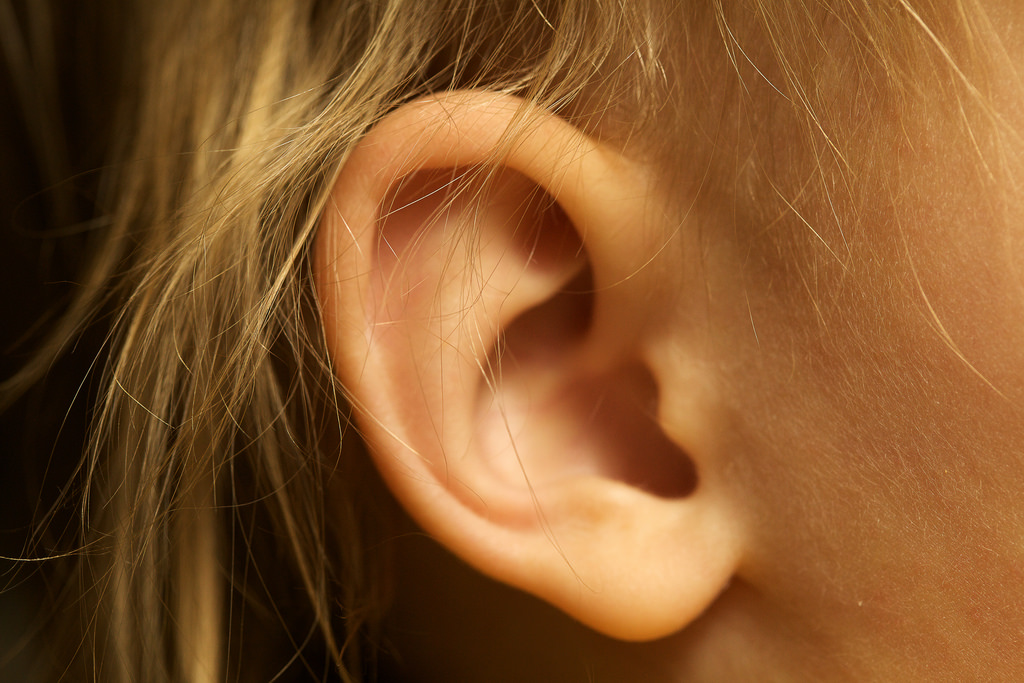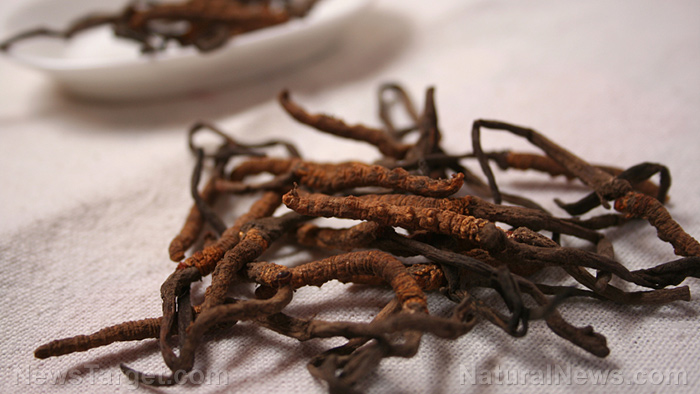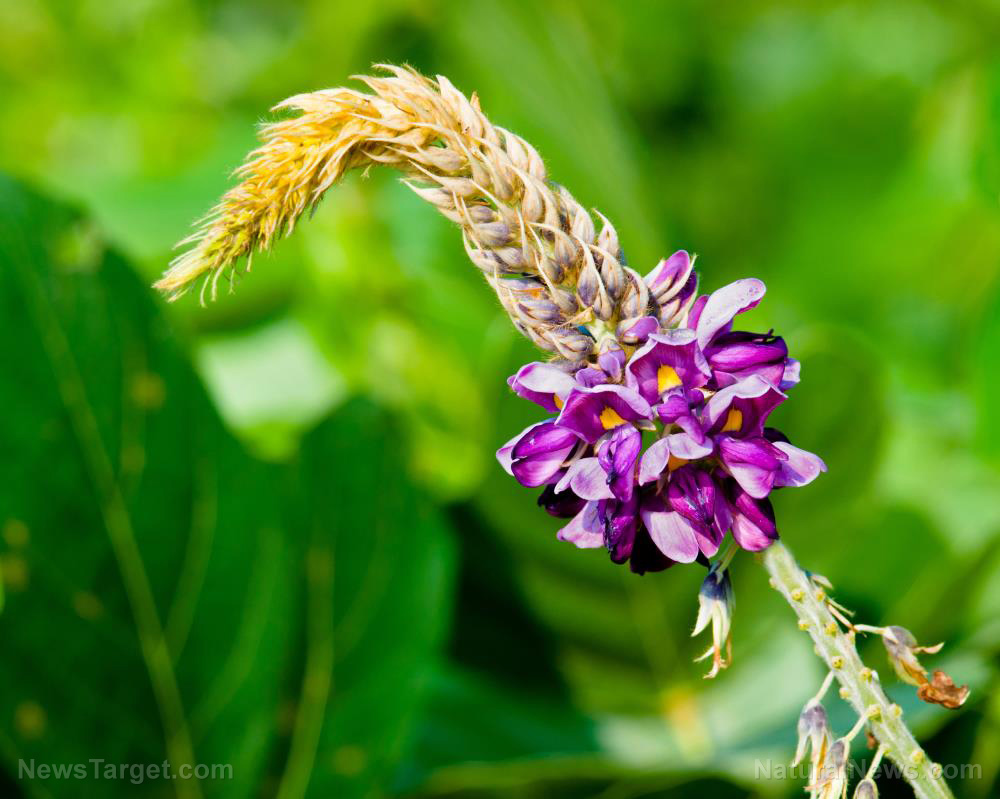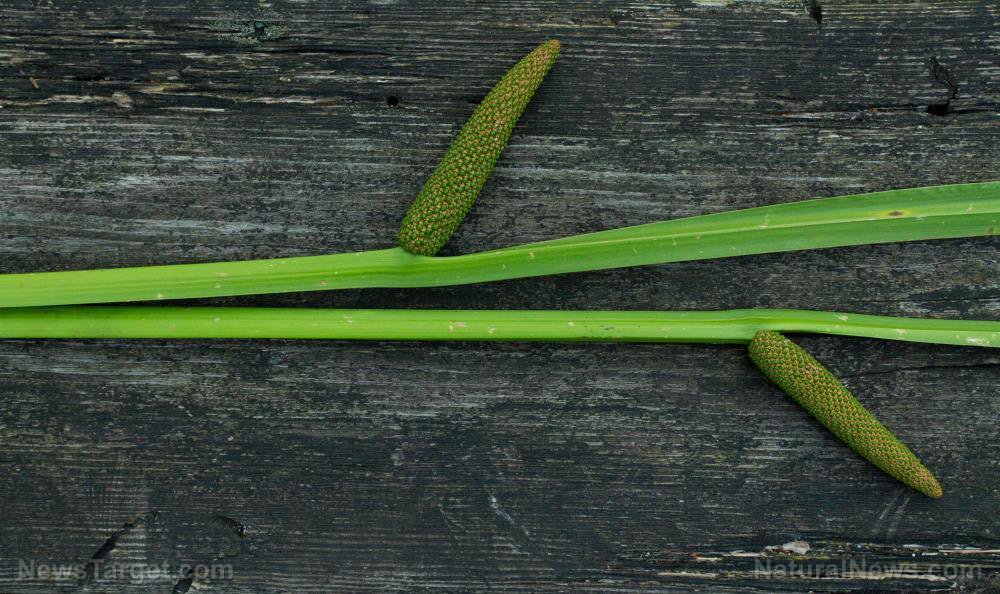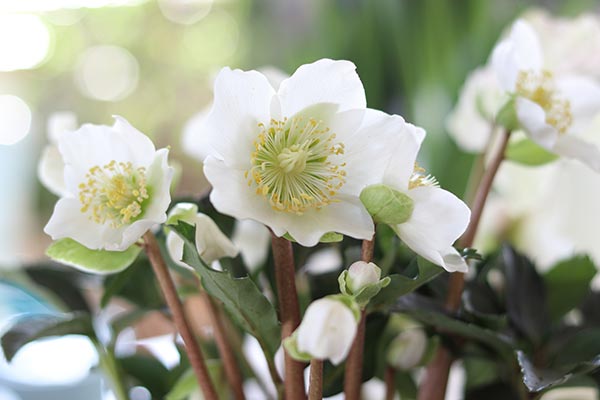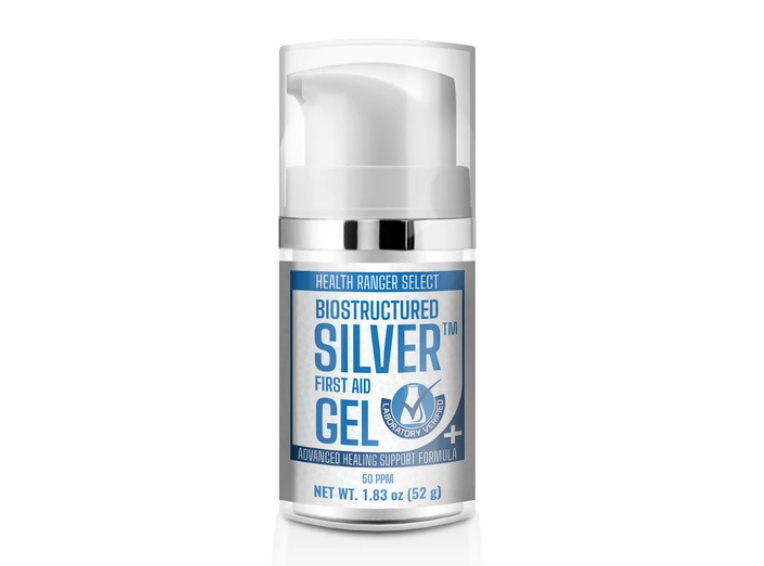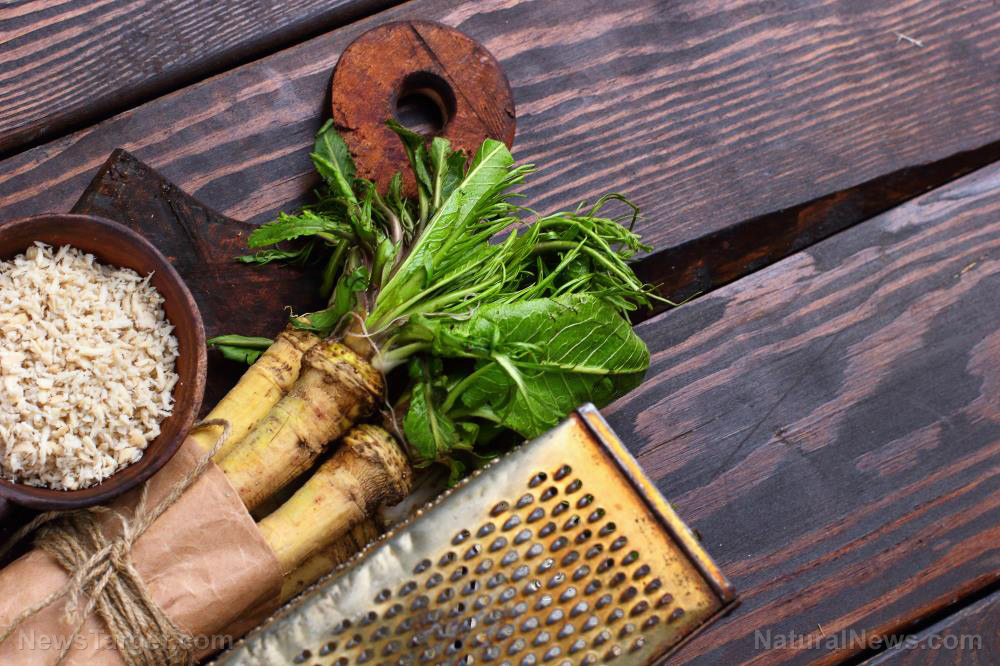Natural relief from psoriasis, thanks to TCM
12/03/2019 / By Evangelyn Rodriguez
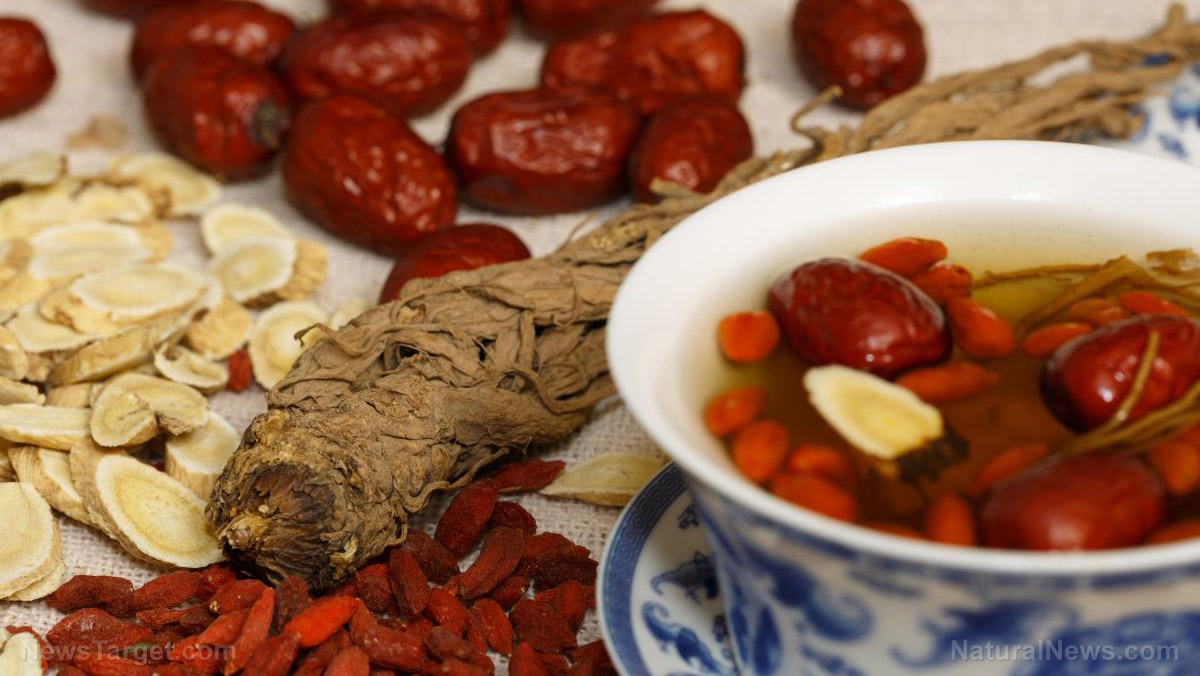
Psoriasis is a common skin disease that affects more than 200 million people worldwide. Although it is non-contagious and has a tendency to come and go, psoriasis is chronic, painful, and most of all, disfiguring. Hence, the search for a definitive cure for this disease, as well as ways of improving the quality of life of psoriasis patients, is considered of importance and is still ongoing.
In a recent article published in the journal Chinese Medicine, researchers from China, Macau, and the U.S. discussed the pathogenesis of psoriasis — of which very little is known — and the therapeutic principles used in modern medicine and in traditional Chinese medicine (TCM) for the treatment of psoriasis. The researchers believe that new strategies should be developed based on Chinese medicine due to the potential that TCM has demonstrated time and again in numerous studies.
Novel drugs containing active components of Chinese herbs may be the answer to psoriasis
Despite being a common skin disease, the mechanisms underlying psoriasis are not well-understood. To date, the only established fact about this disease is that it can accelerate the life cycle of skin cells, causing them to build up on the surface of the skin. As a result, psoriasis manifests itself in the form of scales and red patches that can be both itchy and painful and could even bleed.
Psoriasis can be either mild, moderate, or severe. While treatments are available and vary depending on its severity, there is currently no cure for psoriasis. People with mild to moderate psoriasis usually receive modern drugs to help them manage their symptoms. The use of TCM for such cases have also been reported by several studies. Meanwhile, people with severe psoriasis can rely only on systemic biological drugs that are efficient but expensive.
According to data from the National Medical Products Association (formerly China Food and Drug Administration), most chemical drugs used to treat psoriasis come in the form of topical formulations. On the other hand, Chinese medicines come in formulas that are meant to be taken orally. In their article, the researchers pointed out that the market for topical preparations of Chinese medicines is worth exploring. They also highlighted the fact that Chinese medicine employs a unique clinical therapeutic theory for the treatment of psoriasis and has been successful in terms of clinical application.
Based on these facts, the researchers concluded that development of new small molecule drugs based on Chinese medicine is a promising strategy to reduce the cost of treatment and improve safety for psoriasis patients, especially since modern treatments inevitably cause unwanted side effects.
Herbs used in TCM to treat psoriasis
Ancient Chinese healers believed that in order to treat psoriasis, the blood must be purged and nourished. Hence, traditional treatments for this skin disease involved the removal of heat and toxins from the blood; the elimination of blood stasis; the improvement of blood circulation; and the nourishment of the blood and the body. To achieve all of these, TCM practitioners prescribed medicinal herbs that are capable not only of regulating and promoting circulation, but also of renewing the blood. Some TCM herbs with blood-cooling and anti-pyretic properties that can address psoriasis include: (Related: Treat psoriasis naturally with vitamin D and zinc.)
- Arnebia euchroma (pink arnebia) or zi cao
- Paeonia lactiflora (Chinese peony) or bai shao
- Paeonia veitchii (Veitch’s peony) or chi shao
- Spatholobus suberectus or ji xue teng
- Paeonia suffruticosa (tree peony) or dan pi
- Curcuma phaeocaulis or e zhu
- Salvia miltiorrhiza (red sage) or danshen
According to ancient Chinese records, various combinations of these herbs, which have the ability to cleanse and detoxify the blood, were used to make topical or oral remedies for psoriasis. Clinical studies have found these remedies just as effective as their modern counterparts. In fact, in China, some ointments containing the active components of TCM herbs are already being used to treat pediatric psoriasis and plaque psoriasis, the most common form of psoriasis. These TCM-based ointments have, so far, proven themselves effective in a clinical setting.
Sources include:
Tagged Under: blood circulation, Chinese medicine, detox, disease treatments, dry skin, herbal medicine, Herbs, natural cures, natural medicine, psoriasis, remedies, research, skin disease, skin health, TCM, therapy
RECENT NEWS & ARTICLES
COPYRIGHT © 2017 REMEDIES NEWS

